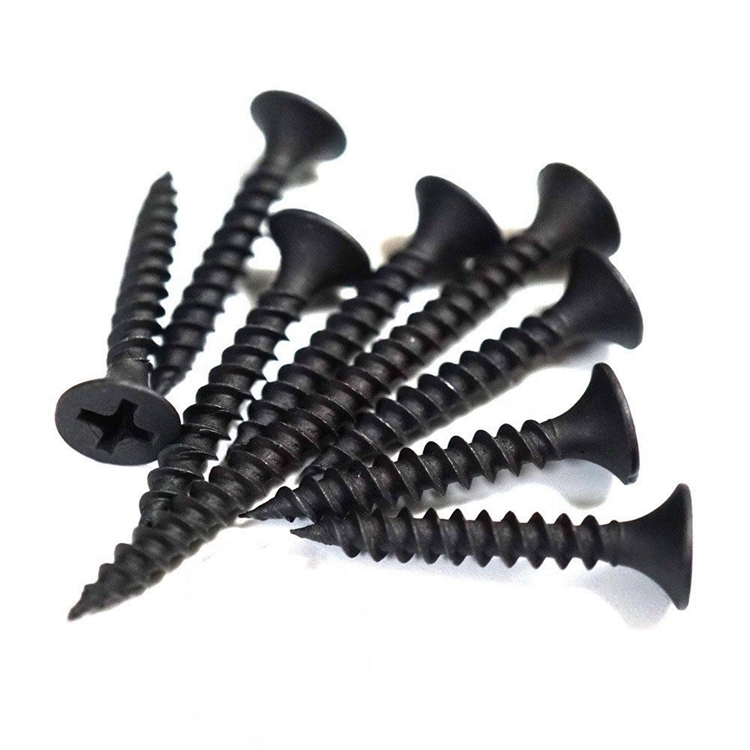High-Strength Bolts for Durable Trailer Deck Manufacturing Solutions and Applications
Jul . 31, 2024 16:24 Back to list
High-Strength Bolts for Durable Trailer Deck Manufacturing Solutions and Applications
Bolts for Trailer Deck Factories Essential Components for Quality Manufacturing
In the world of trailer manufacturing, attention to detail is paramount. Among the myriad of components that contribute to the integrity and performance of trailers, bolts play a critical role. These seemingly simple fasteners are the unsung heroes of trailer deck construction, providing the necessary strength and stability to ensure safe transportation of goods. This article delves into the importance of high-quality bolts for trailer deck factories, their types, and the factors to consider in their selection.
The Importance of Bolts in Trailer Deck Construction
Bolts are mechanical fasteners that create a strong and stable connection between two or more components of the trailer deck. The trailer deck, which is the flat surface used for carrying loads, requires robust bolting solutions to withstand the stresses of transportation. The primary functions of bolts in this context include securing the deck to the frame, holding down components like side rails and fenders, and providing support during loading and unloading operations.
Using inferior quality bolts can lead to catastrophic failures, resulting in safety hazards and costly repairs. Thus, trailer deck factories must prioritize the procurement of high-quality bolts that can tolerate various environmental factors, such as moisture, corrosion, and heavy loads.
Types of Bolts Used in Trailer Decks
There are various types of bolts utilized in trailer deck construction, each designed for specific applications
1. Hex Bolts These are among the most common types of bolts used in trailer manufacturing. They feature a hexagonal head, allowing for easy application with wrenches. Hex bolts are versatile and capable of handling significant loads.
2. Carriage Bolts With a rounded head and a square section beneath the head, carriage bolts are designed to be installed into a pre-drilled hole and require a nut to secure them. They are used for applications where a smooth surface is desired, preventing snagging.
3. Lag Bolts Also known as lag screws, these bolts are designed for wood. They are often used in trailer decks made from timber, providing a strong grip.
bolts for trailer deck factories

4. T-bolts These bolts feature a T-shaped head, allowing them to slide into a T-slot in the frame. T-bolts are commonly used in adjustable applications, facilitating modifications or repairs.
Choosing the appropriate type of bolt depends on various factors, including the materials used for the trailer deck, load requirements, and environmental conditions.
Factors to Consider in Bolt Selection
When selecting bolts for trailer deck manufacturing, several factors should be taken into account
1. Material Bolts are made from various materials, including steel, stainless steel, and alloy materials. The choice of material will affect corrosion resistance, tensile strength, and overall durability. Stainless steel bolts are often preferred for their resistance to rust and degradation.
2. Coating Different coatings, such as zinc plating or powder coating, can enhance a bolt's resistance to the elements. A proper coating not only protects the bolt but also extends its lifespan.
3. Size and Grade It is essential to select the right size and grade of the bolt for specific applications. Bolts are typically classified by their diameter and thread pitch. Higher-grade bolts offer greater strength and load-bearing capacity.
4. Industry Standards Adhering to industry standards and specifications is crucial. Many manufacturers comply with standards set by organizations such as the American Society for Testing and Materials (ASTM) or the Society of Automotive Engineers (SAE).
Conclusion
In conclusion, bolts are vital components in trailer deck factories, contributing to the overall safety and performance of trailers. By understanding the types of bolts available and considering factors such as material, coating, size, and industry standards, manufacturers can ensure that they use the best fasteners for their specific applications. Investing in high-quality bolts not only adheres to safety regulations but also enhances the longevity and functionality of the trailers, ultimately resulting in satisfied customers and a strengthened reputation in the market.
Latest news
-
Reliable Axle Nuts Supplier | Quality & Precision Fasteners
NewsAug.23,2025
-
Durable Bolts for Lawn Mower Handle - Top Supplier & Manufacturer
NewsAug.22,2025
-
High-Quality Bolts for Lawn Mower Handle Supplier & Manufacturer
NewsAug.21,2025
-
Reliable Axle Nuts Supplier | High-Quality Automotive Parts
NewsAug.19,2025
-
Premium Wire Bolts Suppliers | Durable & Reliable Fasteners
NewsAug.18,2025
-
Leading Metric Wood Screw Companies & Manufacturers
NewsAug.17,2025
